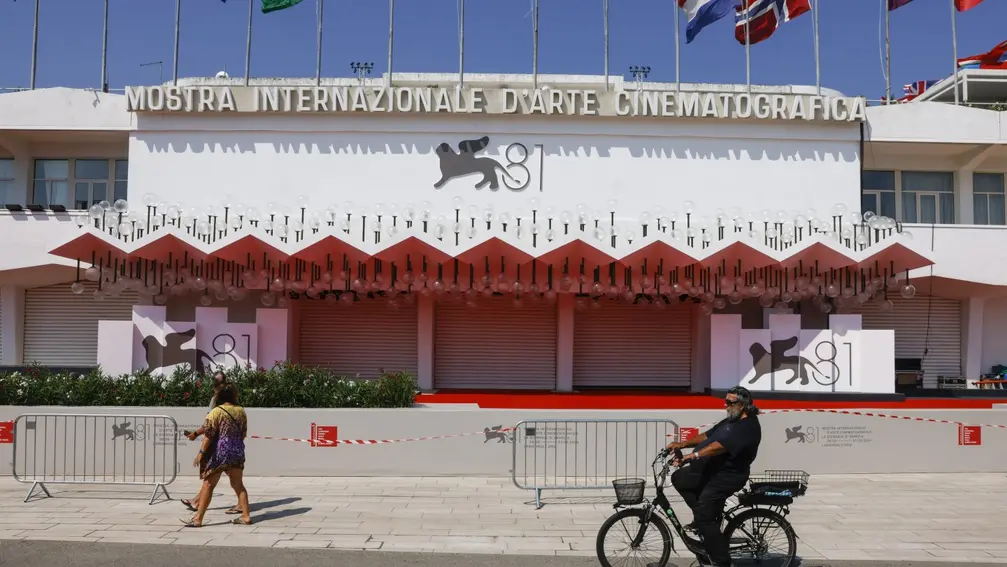T4K3.news
Roberts Defends After the Hunt At Venice
Julia Roberts defends After the Hunt as questions about MeToo surface at Venice, stressing dialogue over controversy.
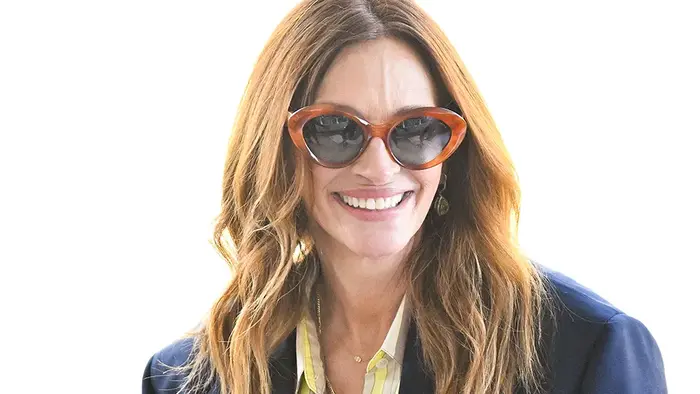
A Venice press conference turns on questions about feminism and cancel culture as Julia Roberts promotes After the Hunt.
Roberts Defends After the Hunt Amid Venice MeToo Questions
At the Venice Film Festival press conference for After the Hunt, Julia Roberts pushed back against questions about how the thriller engages with the MeToo era and cancel culture. She said the film is about difficult conversations and aims to spark debate rather than advance a manifesto, noting that a mentee accuses a friend in a high stakes academic setting. The scene is set with Edebiri and Garfield in supporting roles, and the film will play out of competition.
Guadagnino described the project as looking at people in their truths rather than delivering a single message, highlighting the clash of perspectives as a central idea. The room loosened briefly when Roberts invited her fellow cast members to open their water bottles, a small moment of levity amid the tense exchanges as questions linger about the film’s stance on contemporary gender debate.
Key Takeaways
"The best part of your question is that you all came out of the theater talking about it."
Roberts responding to a question about the film sparking debate.
"We are challenging people to have conversation."
Roberts on the film's aim to provoke dialogue.
"If making this movie does anything, getting everybody to talk to each other is the most exciting thing we could accomplish."
Roberts on the film's purpose.
"Looking at people in their truths."
Guadagnino describing the film's approach.
The exchange at Venice shows how a high profile film becomes a stage for wider debates about power, accountability and storytelling in the MeToo era. A project set in a university world raises expectations about how cinema can handle sensitive events without surrendering to easy conclusions. The risk is that controversy overshadows craft and leaves audiences debating the politics before they see the work.
Roberts maintains a calm, collaborative posture, signaling that she wants the film to be judged on its questions rather than its politics. If reception tilts toward defense or triumph, the film’s message could be shaped as much by reaction as by the screen. Venice, with its history of premieres and debates, remains a venue where cinema meets public sentiment and where the appetite for dialogue often outruns the final cut.
Highlights
- The best part of your question is that you all came out of the theater talking about it.
- We are challenging people to have conversation.
- If making this movie does anything, getting everybody to talk to each other is the most exciting thing we could accomplish.
- Looking at people in their truths.
Backlash risk over MeToo themes
The film engages with sensitive MeToo discourse. Questions about feminism and cancel culture could trigger backlash from critics and audiences, affecting reception and market performance.
The festival scene keeps turning cinema into a forum for tough questions.
Enjoyed this? Let your friends know!
Related News

Venice premiere draws standing ovation for After the Hunt

Guadagnino defends Woody Allen inspired credits for After the Hunt

Venice premiere for After the Hunt
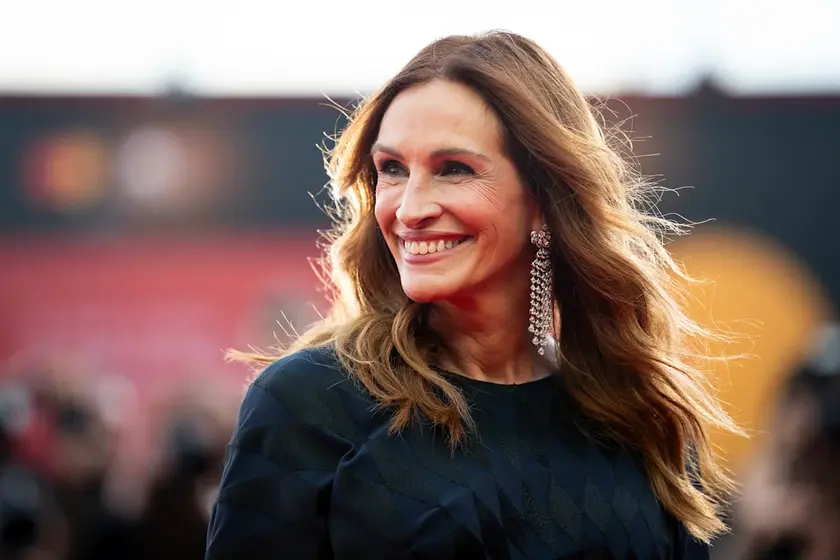
Roberts headlines Venice thriller

Venice faces Gaza questions at opening press conference

Julia Roberts leads mixed reviews for After the Hunt
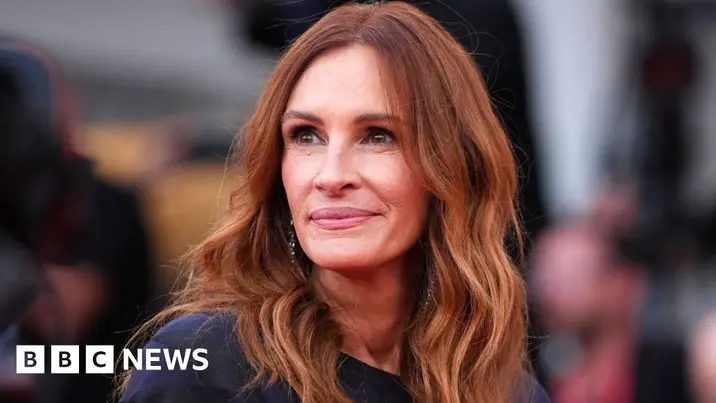
Venice premiere stirs debate about consent
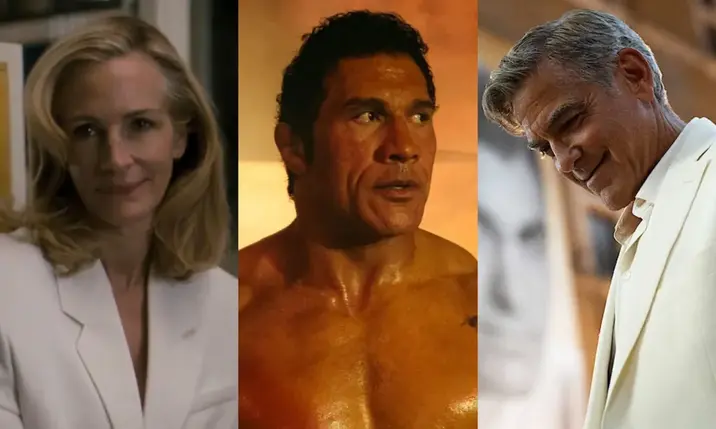
Venice Film Festival 2025 Lineup Revealed
